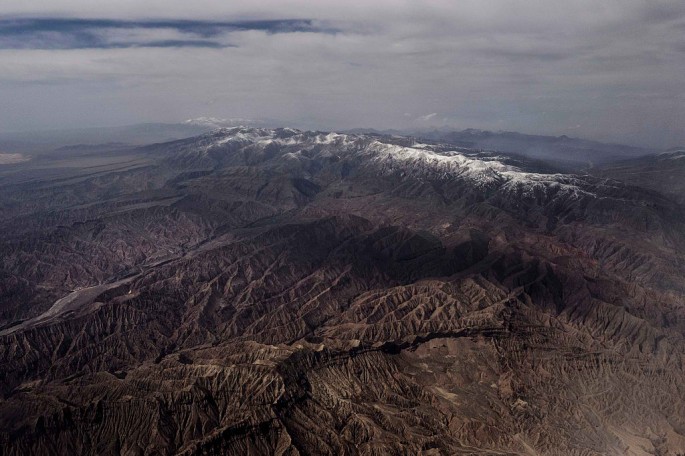Chinese real estate developers built the Lulang Folk Village and replaced a Tibetan community. The recent tourist attraction is gaining a lot of local visitors.
He Yilin, a community volunteer, said, "Lulang is paradise on earth, located on the roof of the world."
The tourist spot comes with Mandarin-speaking guides and stalls that sell Chinese food. There is a hotel near the location that offers rooms from $150 to $1,000 per night.
Penpa Tashi, vice chairman of the Tibet Autonomous Region, said, "Tourism is the new engine for development in Tibet."
Chinese tourists have been frequenting the northern region. Government media estimated that there will be 23 million mainland Chinese who will enter the Tibetan Autonomous Region this year.
However, the Congressional-Executive Commission on China found the government's estimates misleading.
The report said, "Chinese government data appears to underrepresent the number of Han who is present in Tibetan autonomous areas, and to report statistics that are inconsistent with each other and with observations by Tibetan and foreign experts."
The commission revealed that local visitors still outnumbered tourists from China. This propelled worries from analysts.
"It is very similar to how the United States treated its developing West 100 years ago," said P. Christiaan Klieger, a cultural anthropologist, historian, and author. "They are commodifying the native people and bringing them out as an ethnic display for the consumption of people back east."
A Tibetan writer, Woeser, said, "Lhasa has been turned from a holy place of pilgrimage into a tourist site."
Displaced local residents are given new housing but the businesses surrounding the tourist spot will be run by Han Chinese, leaving few opportunities for the locals.
"Some shops will be run by people from inland, but some will be run by local people," said Tu Hang, a Foreign Ministry official from Nyingchi prefecture. "They will have shops to sell small things like biscuits and sweet tea."



























